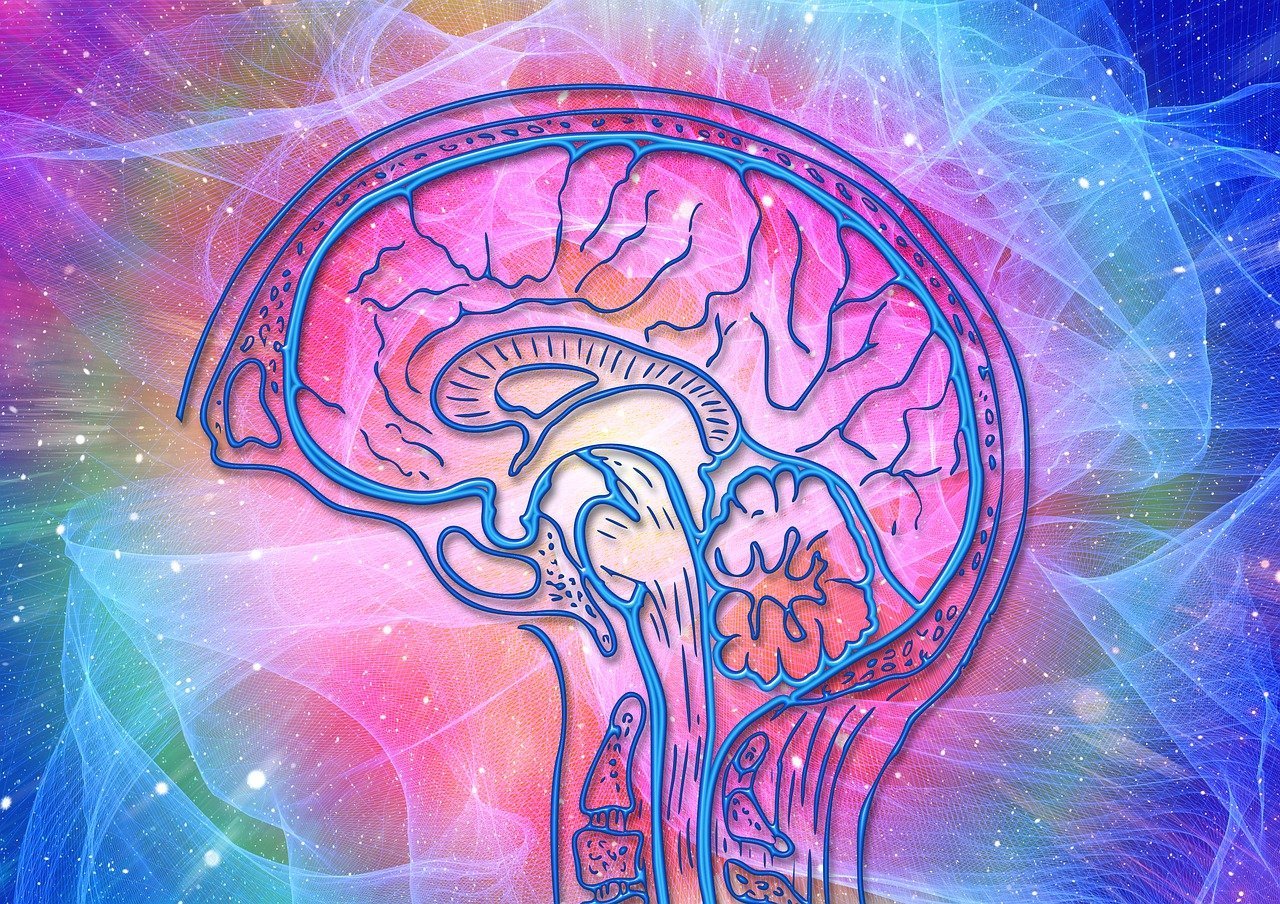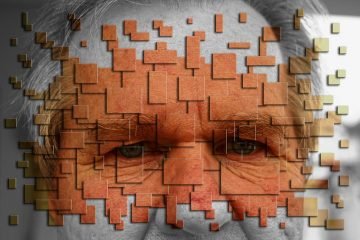
Click below to listen to this article:
cognitive theory
cognitive theory is a broad and interdisciplinary field of study that encompasses various aspects of human cognition, such as perception, memory, reasoning, problem-solving, decision-making, and learning. This theory aims to explain how the mind works, what are the mental processes and representations that underlie cognitive phenomena, and how they are influenced by biological, social, and environmental factors. cognitive theory also has important applications in various domains, such as education, health, artificial intelligence, and human-computer interaction. In this article, we will provide an overview of the main concepts and branches of cognitive theory, as well as some of the current challenges and future directions in this field.
Main concepts
cognitive theory is a psychological approach that studies how people perceive, process, remember, and use information. It assumes that human cognition is complex and involves various mental structures and processes that interact with each other and the environment. Some of the main concepts of cognitive theory are:
- Schema: A schema is a mental representation of a concept, category, or situation that organizes and guides our knowledge and expectations. For example, we have schemas for dogs, restaurants, or weddings that help us understand and interact with them.
- Memory: Memory is the ability to store and retrieve information over time. It involves three stages: encoding, storage, and retrieval. Encoding is the process of transforming sensory input into a form that can be stored in the brain. Storage is the process of maintaining information in the brain over time. Retrieval is the process of accessing information from the brain when needed.
- Attention: Attention is the process of selecting and focusing on specific stimuli while ignoring others. It involves two types: selective attention and divided attention. Selective attention is the ability to concentrate on one stimulus while filtering out irrelevant stimuli. Divided attention is the ability to perform two or more tasks simultaneously.
- Problem-solving: Problem-solving is the process of finding solutions to difficult or complex situations. It involves four steps: identifying the problem, generating possible solutions, evaluating and selecting the best solution, and implementing and monitoring the solution. Problem-solving requires various cognitive skills such as reasoning, creativity, and decision-making.
- Metacognition: Metacognition is the awareness and control of one’s own cognitive processes. It involves two aspects: knowledge and regulation. Knowledge is the understanding of one’s own cognitive strengths and weaknesses, as well as the nature and demands of a task. Regulation is the ability to plan, monitor, and evaluate one’s own cognitive performance and strategies.
Interrelationship of the concepts
cognitive theory is a broad field of psychology that studies how people perceive, process, remember, and use information. One of the main goals of cognitive theory is to understand how the concepts of cognition inter-relate and influence each other. Some of the key concepts of cognitive theory are:
- Attention: the ability to focus on relevant stimuli and ignore irrelevant ones.
- Memory: the ability to store and retrieve information over time.
- Learning: the process of acquiring new knowledge and skills through experience or instruction.
- Language: the system of symbols and rules that enables communication and thought.
- Reasoning: the process of drawing logical conclusions from evidence and premises.
- Problem-solving: the process of finding effective solutions to challenges or goals.
- Decision-making: the process of choosing among alternatives based on preferences and criteria.
These concepts are inter-related in various ways, depending on the context and task. For example, attention affects memory by determining what information is encoded and retrieved. Memory affects learning by providing prior knowledge and feedback. Learning affects language by shaping vocabulary and grammar. Language affects reasoning by facilitating abstract thinking and argumentation. Reasoning affects problem-solving by generating hypotheses and testing them. Problem-solving affects decision-making by identifying options and evaluating them. Decision-making affects metacognition by requiring reflection and evaluation of one’s own choices. Metacognition affects attention by directing it to relevant aspects of the task.
cognitive theory aims to explain how these concepts work together to enable complex cognitive functions and behaviours. By understanding how the concepts of cognition inter-relate, cognitive theory can also provide insights into how to improve cognitive performance and overcome cognitive biases or difficulties.
Key thinking
The key thinking behind cognitive theory is that human behaviour is influenced by how people perceive, process and remember information. cognitive theory assumes that people are active and rational agents who use mental representations, such as schemas, scripts and mental models, to guide their actions and interactions with the environment. It also emphasizes the role of learning, memory, attention, reasoning, problem-solving and decision-making in shaping human behaviour. cognitive theory has many applications in various fields, such as education, psychology, artificial intelligence and computer science.
Application examples
cognitive theory is a branch of psychology that studies how people acquire, process, and store information. It has many practical applications in various fields and domains, such as education, health, business, and social interactions. Some examples of these applications are:
- In education, cognitive theory can help design effective instructional strategies that match the learners’ cognitive styles, prior knowledge, and motivation. For instance, cognitive theory suggests that learners benefit from active learning, scaffolding, feedback, and metacognition.
- In health, cognitive theory can help understand and treat mental disorders that involve distorted or dysfunctional cognitions, such as depression, anxiety, phobias, and obsessive-compulsive disorder. For example, cognitive theory proposes that cognitive-behavioural therapy (CBT) can help modify maladaptive thoughts and behaviours that cause or maintain psychological distress.
- In business, cognitive theory can help improve decision-making, problem-solving, creativity, and innovation by applying cognitive principles and techniques. For instance, cognitive theory implies that decision makers should avoid cognitive biases, such as confirmation bias, anchoring bias, and availability bias, that can impair their judgment and rationality.
- In social interactions, cognitive theory can help enhance communication, persuasion, negotiation, and conflict resolution by understanding how people perceive, interpret, and respond to social cues and situations. For example, cognitive theory indicates that people use heuristics, such as stereotypes, attribution errors, and halo effects, to simplify and evaluate social information.
These are just some of the many practical applications of cognitive theory that demonstrate its relevance and usefulness in various aspects of human life.
Further Reading
If you are interested in learning more about cognitive theory, here are some weblinks that explore this topic in more detail:
Jean Piaget: Theory & Stages of cognitive Development – Simply Psychology
This article provides an overview of Piaget’s theory of cognitive development, which proposes four stages of development that reflect the increasing sophistication of children’s thought. It also discusses how Piaget developed his theory, how it can be applied to the classroom, and how it compares to other theories of development.
Cognitive Theory – an overview | ScienceDirect Topics
This article summarizes the main features of cognitive theory, such as its explanatory scope, supporting evidence, falsifiability, clinical practice, novel features, and novel predictions. It also compares and contrasts cognitive theory with other theories of psychology, such as psychodynamic theory and biopsychology network theory.
cognitive Approach in Psychology
This article explains the basic assumptions and methods of the cognitive approach in psychology. It also describes some of the key concepts and models of cognitive psychology, such as schemas, memory, attention, and mental imagery.



0 Comments